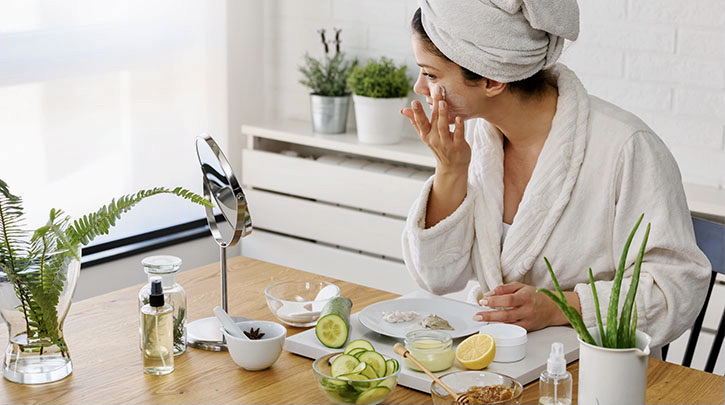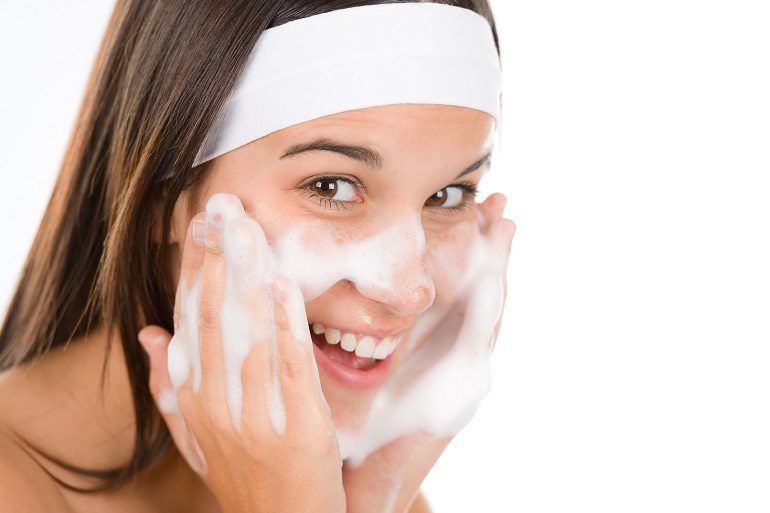Causes of Adult Acne: Understanding the Underlying Issues
As a seasoned beautician, you may have encountered clients who are well past their teenage years but still struggle with adult acne. This common skin condition can be both puzzling and frustrating for many. Understanding the causes of adult acne is essential to help your clients achieve clearer skin and regain their confidence.
While acne is often associated with adolescence, it is not uncommon for adults to experience breakouts. In fact, studies suggest that a significant number of adults in their 20s, 30s, and even 40s suffer from acne. As a beautician, having a comprehensive understanding of the underlying causes can enable you to provide effective solutions tailored to each client's unique needs.

Hormonal Changes and Imbalances
Hormonal fluctuations are among the primary causes of adult acne. Women, in particular, may notice breakouts during their menstrual cycles, pregnancy, or menopause. These hormonal changes can lead to an increase in sebum production, which clogs pores and triggers acne. Additionally, conditions such as polycystic ovary syndrome (PCOS) can exacerbate acne due to elevated androgen levels. For more on managing acne during hormonal changes, you might find this skincare routine guide helpful.
Stress and Its Impact on Skin
In our fast-paced world, stress is a common culprit behind many skin issues, including acne. Stress triggers the release of cortisol, a hormone that can increase oil production and inflammation in the skin. As a beautician, advising your clients on stress management techniques and recommending calming skincare products can help alleviate stress-induced breakouts. Learn more about the importance of a consistent skincare routine in managing stress-related acne.
Diet and Lifestyle Factors
Dietary choices and lifestyle habits can also play a significant role in the development of adult acne. Foods high in refined sugars and dairy products have been linked to acne outbreaks in some individuals. Encouraging clients to maintain a balanced diet rich in fruits, vegetables, and lean proteins can promote healthier skin. Additionally, poor sleep quality and lack of exercise can contribute to acne flare-ups. Suggesting lifestyle changes that promote overall well-being can be beneficial in managing adult acne. Dive deeper into the best ingredients for acne-prone skin.
Skincare Products and Routines
Using inappropriate skincare products or following incorrect routines can exacerbate acne in adults. Many individuals unknowingly use products that are too harsh or not suitable for their skin type. As a beautician, you can guide your clients in selecting non-comedogenic, gentle products that won't clog pores. Educating them on the proper order of application can also make a significant difference. You can refer to this guide on building a skin care routine for detailed insights.

Genetics and Acne
Genetics can predispose some individuals to acne, regardless of age. If a clients family has a history of acne, they may be more prone to experiencing it themselves. While genetics cannot be altered, understanding this factor can help in setting realistic expectations and tailoring personalized treatment plans.
FAQs About Adult Acne
Q1: Can adult acne be completely cured?
A: While there is no definitive cure for acne, it can be effectively managed with the right treatment and skincare routine.
Q2: Is it true that drinking more water can help reduce acne?
A: Staying hydrated is beneficial for overall skin health, but it is not a standalone solution. A comprehensive approach including diet, skincare, and lifestyle changes is recommended.
Q3: Should I avoid makeup if I have adult acne?
A: Not necessarily. Opt for non-comedogenic makeup products that won't clog pores. Ensure thorough cleansing to remove makeup completely at the end of the day.
For more tips on embracing your skin, check out our article on embracing your skin. Understanding the causes of adult acne is the first step towards helping your clients achieve clearer, healthier skin. By addressing the underlying factors, you can provide valuable insights and solutions that resonate with their unique skincare needs.
This article contains affiliate links. We may earn a commission at no extra cost to you.

